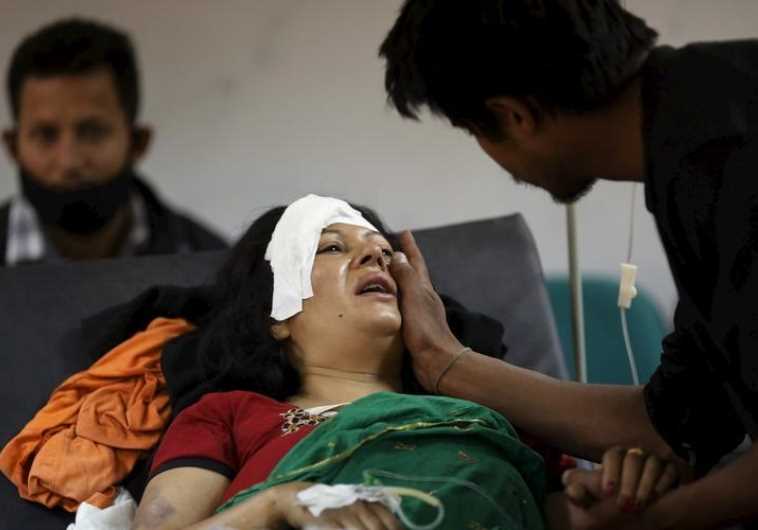Therapeutic intervention can reduce trauma exposure on PTSD
The study examined PTSD symptoms among nearly 1,300 adult Israeli civilians exposed to missile attacks.
 A boy comforts his mother who was injured during an earthquake, at a trauma center in KathmanduUpdated:
A boy comforts his mother who was injured during an earthquake, at a trauma center in KathmanduUpdated: